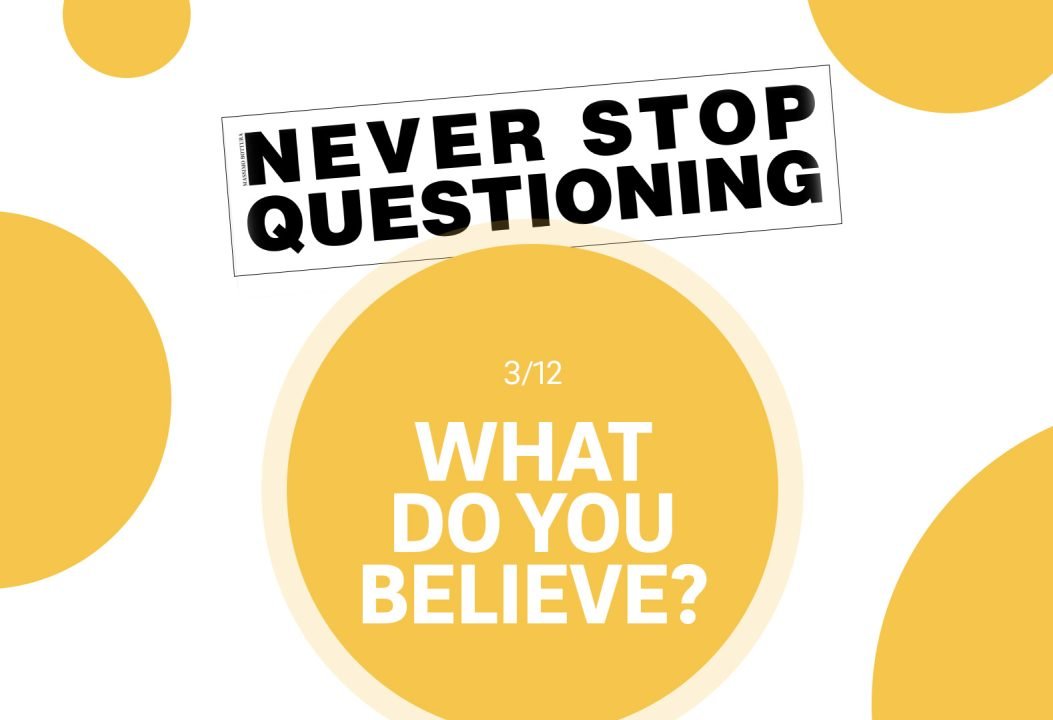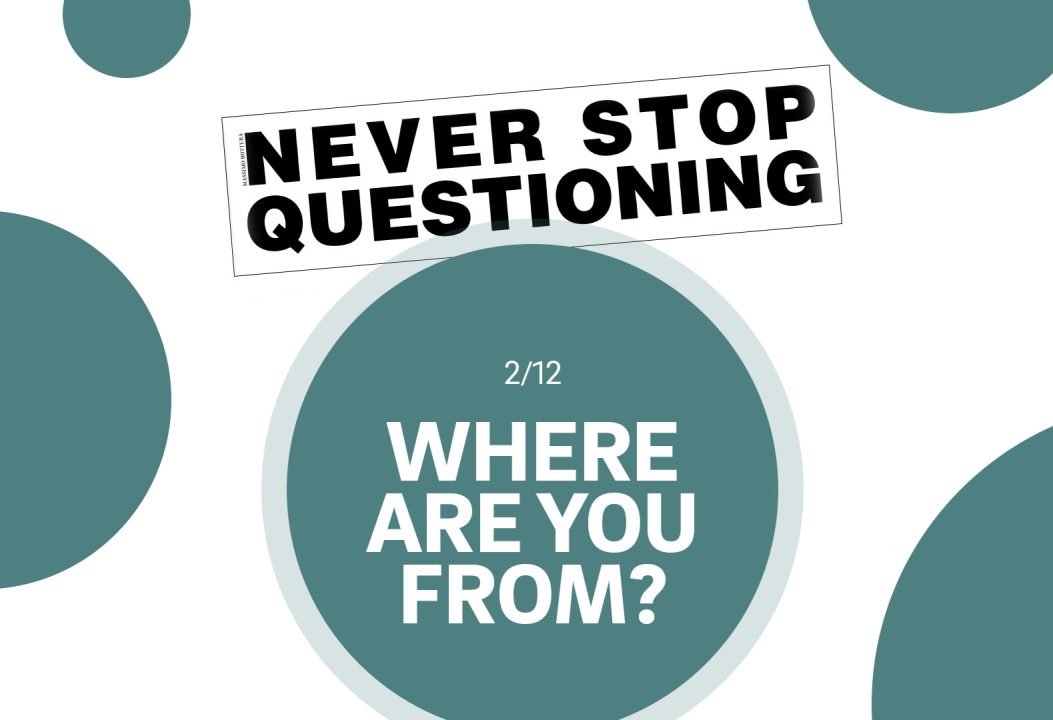Food for soul uses cookies strictly necessary for the proper functioning of the website, for its legitimate interest to enhance your online experience and to enable or facilitate communication by electronic means. To learn more about cookies please see our Cookie Policy
- About Us
- News and Stories
- News
- From a vicious to a virtuous circle
From a vicious to a virtuous circle
“You can see it in their eyes, they have so much to give. If you feel accepted and welcome, you respect the city, its streets, the community as a whole; and we all benefit from it, because they would care for the city as if it were their own.” Anna Soresina, volunteer at Social Tables Ghirlandina, told us that “human beings need more” than just food.

Rafique, guest at Social Tables Ghirlandina
At the Social Tables Ghirlandina in Modena, Anna is in charge of meeting and registering new guests to the dinner service. Since the opening of the Social Tables, more than 300 guests have been registered, a significant number for a relatively small town of 80,000 people. During the interview, Anna gets to know the guests’ personal, economic and health situation. Access is not denied to anyone; but what Anna uses this time as a first step in establishing a relationship with the guests, and understanding how she can help.
“The first thing I say when they sit in front of me is: ‘I can’t solve all your problems, I won’t pay your rent and I won’t find you a job.’ I want to be clear from the beginning, because I don’t want to set false expectations. I want them to feel liberated and autonomous. I met people in their 40s and 50s who had lost their job, or their spouse had left them. As a result they gave up, stopped taking care of themselves, of the house, of what they ate, and they ended up losing their children too. Besides a meal, what they really need is an incentive, a boost. So I told them to go home, clean the house, cook a plate of spaghetti. ‘You’ll see, sooner or later your children will come back’.”
Anna remembers a young boy who had just come out of a rehabilitation centre. He had a place to stay, but he wasn’t able to cook because he didn’t have pots and pans. “We gave him a few pans just to help him get started, and he was so happy that he started crying. This is to say that they don’t just come here for the food, they need someone who listens to them. And we can all help, even with just a pan. We can help them get back on their feet, we should be able to transform a vicious circle into a virtuous one.”
Among Anna’s new friends, there is one guest who has a special place in her heart: Rafique, young man from Pakistan. “He travelled from Pakistan to Greece where he worked for a bit before coming to Italy. When I interviewed him he was very kind, but he spoke a very low level of Italian.” Besides her time dedicated at Social Tables Ghirlandina, Anna also volunteers as a teacher at The Penny Wirton school, a program of Caritas, and a school where foreigners can learn Italian for free, using a one-to-one approach. “Knowing the language is fundamental to finding a job, so I told him to join one of the classes. He came every Wednesday, from 10am to 12pm. He was never late, always did his homework, he kept his books always in order, he even bought a backpack.”
“During the Christmas holidays, I was walking with my husband and I saw him holding a panettone. ‘Hi Anna, I want to give you this panettone,’ he told me. My husband thanked him but told him that it wasn’t necessary, and he replied: ‘I want her to have it, because she is my teacher.’ He wasn’t grateful because of the food I served him, but because I took care of him and listened to him.” One day in March, Rafique stopped attending the Monday dinner service at Social Tables Ghirlandina and the Italian classes at Penny Wirton. He called a few weeks later asking for Anna: “I found a job in Milan!”- he told her.
Anna is just one of the Refettorio and Social Tables volunteers that are living out Food for Soul’s values: caring for not just the bodies, but also the souls. To explain the philosophy behind it, she brings an example: “Do you know Daniel Baremboin? He’s an Argentine-Israeli pianist and conductor. At the end of a concert with Israeli musicians in Palestine, a man from the audience went up to him and said: ‘Thank you, everyone comes to bring us food, clothes, medicines…you brought us music.’ Human beings need more.”
Anna Soresina, volunteer at Social Tables Ghirlandina
“You can see it in their eyes, they have so much to give,” said Anna. “If you feel accepted, you respect Modena, its streets, the community as a whole. If you feel happy and welcome, you are empowered to give back, and we all benefit from it, because they would care for the city as if it were their own. To love a city you must first know it, then you love it, you appreciate the cathedral, with its lion statues at the entrance. When you feel that something is yours, you respect it.”

News and Stories
Your Gift Will Help Us Make A Difference Today
Would you help us create a socially inclusive world where no food is wasted, communities are food sufficient and have the tools to thrive?



